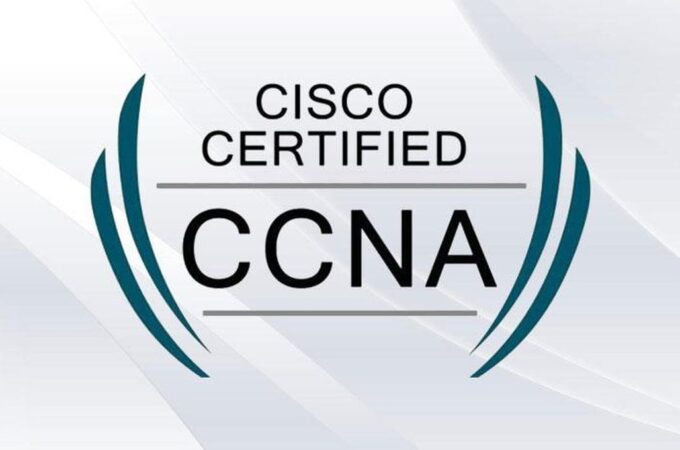Benefits of Choosing CCNA (Cisco Certified Network Associate) as a Career

IT professionals in every industry are always looking for ways to improve their business’s technology infrastructure and improve their own skills. But in any business, it’s important to know the pros and cons of a certification, especially when there are so many technology certifications to choose from.
This is also true when deciding if it’s worth spending time and money to get a Cisco networking certification. Here are the costs and benefits of becoming a CCNA, which stands for Cisco Certified Network Associate.
What is CCNA?
CCNA, which stands for “Cisco Certified Network Associate,” is the title given to IT professionals who have taken CCNA training and passed the necessary certification exams. CCNAs are IT certifications for IT beginners or associates. This certification programme is the minimum requirement for IT professionals who know about Cisco operating systems and networking.
To become a CCNA, applicants must pass certain exams, which vary depending on the CCNA requirements they choose.
Specializations of CCNA Certification
There are 9 specializations for CCNA certifications that give IT professionals the skills they need to work in a wide range of IT jobs. These fields of expertise are:
CCNA Cloud: This certification is for IT pros who work in engineering, administration, or development of Cisco cloud systems.
CCNA Collaboration – This Cisco certification is for network engineers, IP experts, and engineers who work on collaboration.
CCNA Cyber Ops – People who get the Cisco CCNA Cyber Ops certification are well-suited for careers in cybersecurity, protecting against cybercrime, and law enforcement operations.
CCNA Data Centre – The CCNA Data Centre certification tests a person’s ability to quickly find and fix problems in a data centre.
CCNA Industrial: A Cisco Certified Network Associate Industrial is perfect for jobs in industrial network administration, engineering, or networking in fields like manufacturing, power, and robotics.
CCNA Routing and Switching: A CCNA Routing and Switching associate can manage IT networks for businesses in most industries.
CCNA Security – Security Certified Cisco Network Associates are great at securing Cisco networks and finding cybersecurity threats in most industries.
CCNA Service Provider: CCNA SPs can fix and maintain Cisco networks for businesses and service industries.
CCNA Wireless is a certification for people who work in wireless technologies at the associate level.
How Long will it take To Get a CCNA?
To become a CCNA, you have to pass exams and show that you understand the material. The time it takes to study, prepare, and pass the exam depends on the person taking the exam. There are a lot of self-paced online options that can work well for IT professionals who may already know what they need to know to pass the exam, but who want to study specifically for the exam.
But certifications aren’t always the best way to judge a person’s skills. A test is not a job, and doing well on a test doesn’t always mean doing well in the real world.
This programme can take anywhere from 2.5 to 5 months, depending on how much time a CCNA candidate spends studying and getting ready. People who don’t have as much time to train may take even longer.
In-class CCNA programmes are made to help IT professionals learn the skills they need to do well on the job and pass the certification exam. If you go into a certification test with the skills you learned in ICND1 and ICND2 classes, your chances of passing on the first try are much higher. At How To Network, you can get CCNA training in a classroom with an instructor and Cisco equipment. This real-world experience helps you get ready for your certification test and the challenges you’ll face every day as an IT pro.
What does it cost to get a CCNA?
If you are ready to take the test without any training, the cost of CCNA Certification is $250 for most of the tests and $295 for a few. Remember that each certification requires more than one test, so the cost can range from $500 to $800, depending on what you want to specialise in. Visit Cisco’s site to learn more about each CCNA specialisation and what it takes to get it.
The amount and type of content in online learning packages can make them very different from one another. For example, a video library may cost more than a text library.